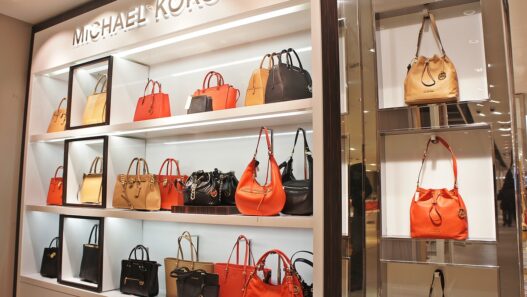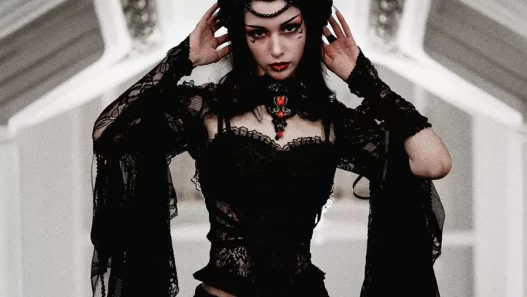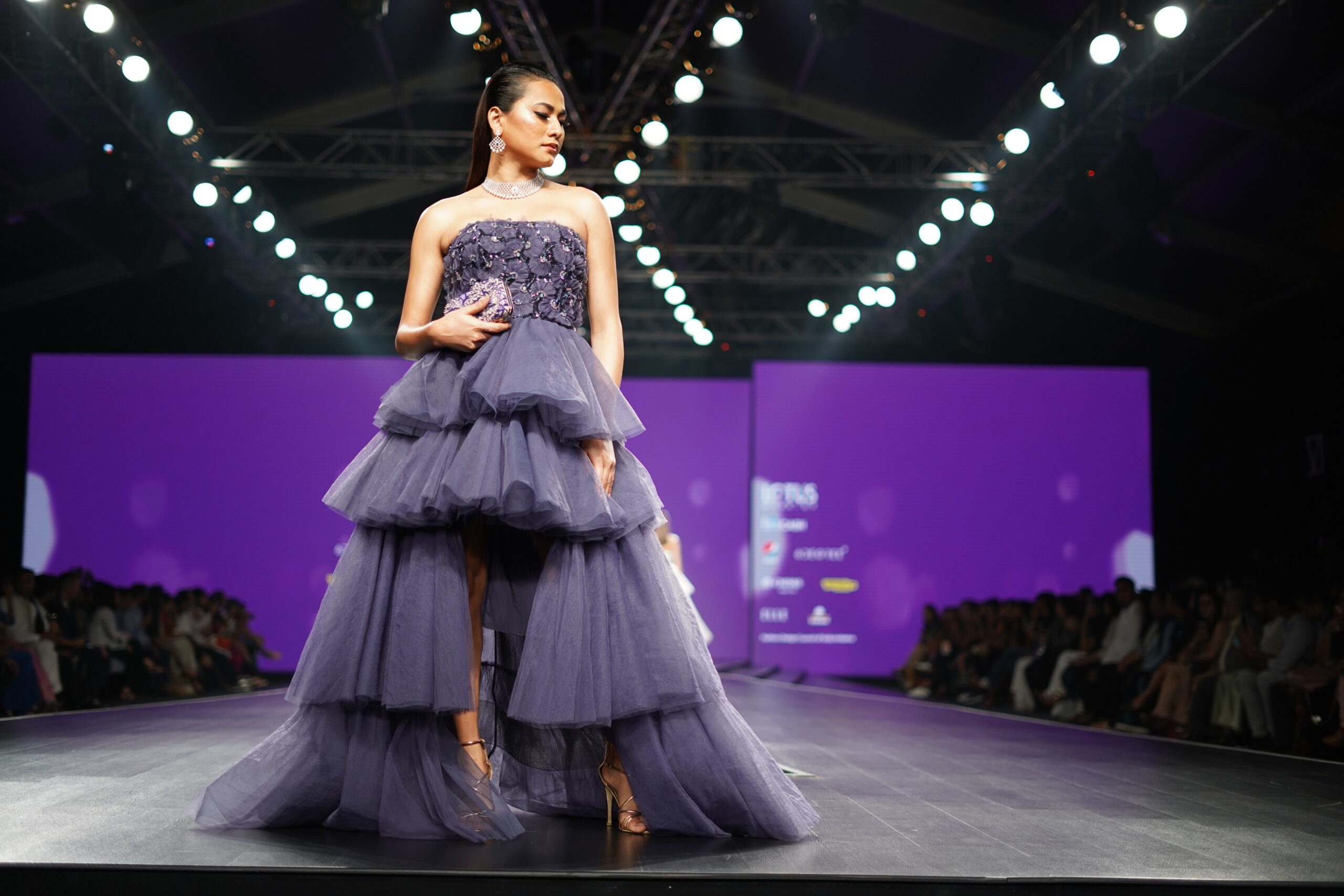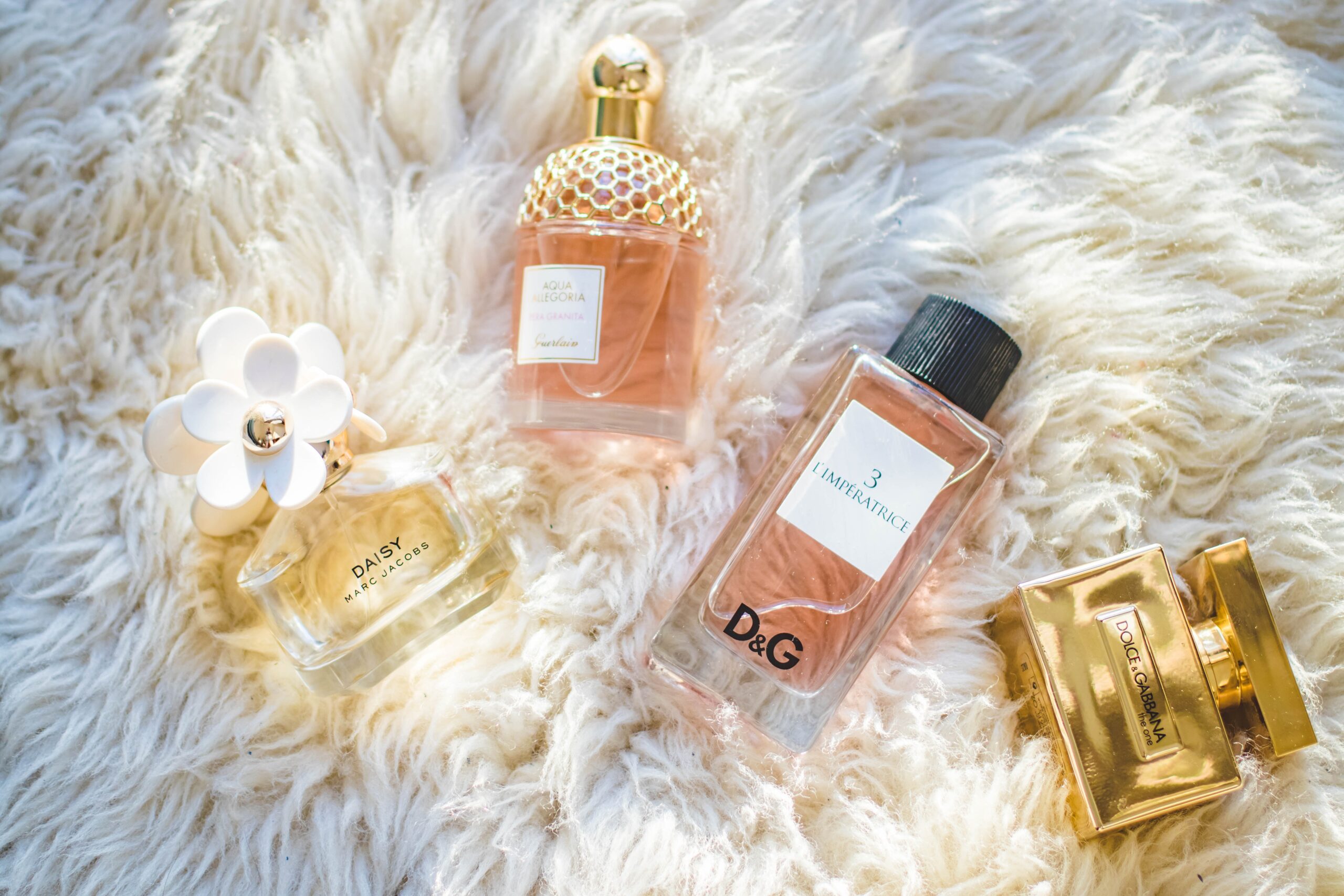A fashion show is associated with dazzling models, catwalks, elegant and sophisticated clothing. It serves as a wonderful platform for fashion businesses. Fashion shows target not only the client, but also fashion journalists and clothing manufacturers and it is the only way for a designer’s work to get noticed.
Buyers from all over the country travel to fashion shows in order to purchase clothing in quantity for their stores. Designers, on the other hand, have the best chance to show off their amazing work on stage. The ideal method to exhibit their designer’s garments is on the catwalk, where the models’ bodies are well-sculpted and kept. On the catwalk, clothes appear even more alluring in the midst of dazzling surroundings. However, only few people comprehend the amount of legal work that must be done in order for their business to run properly. Let us look at the legalities involved to organize a fashion show.
Trademark registration:
Trademark registration plays a vital role in organizing a fashion show. Registration has its own benefits: It helps to protect the public from confusion and deception by identifying the origin of a particular product and safeguards the goodwill attached to the goods or services of the trademark.
India
In India, Section 2(1)(zb) of the Trademarks act, 1999 defines “trademark” as, “a mark capable of being represented graphically and which is capable of distinguishing the goods and services of one person from those of others and may include shape of goods their packaging and combination of colors.[1]” On the other hand Section 2(1)(m) of the same Act[2] lays what is included in a mark: “a device, brand, heading, label, ticket, name, signature, word, letter, numeral, shape of goods, packaging or combination of colors.”
The term “mark” is defined in a broad sense. It may also comprise other items that are within the scope of the general and straightforward meaning. The Supreme Court stated that the definition of trademark is very wide and laid down three essentials of trademarks:
It should be a mark
It should be capable of being represented graphically and
It should be capable of distinguishing the goods & services of one person from those of others.[3]
Fashion shows/week can be registered under Trademark Class 41 which covers: Organizing and presenting fashion shows, cultural events, education, training, entertainment, and sporting and cultural activities using the appropriate approved forms found in Schedule II of the Trade Marks Rules 2002[4].
United States
In, United States, Trademark is defined as, “Any term, name, symbol, or pattern, or any combination thereof, used in commerce to identify and differentiate the goods of one manufacturer or seller from those of another, as well as to designate the source of the goods, is referred to as a trademark.”[5]
To apply for registration of TM in US, there is a federal law called the Lanham Act that protects unique marks used in commerce.[6] However, despite the fact that trademark registration is not required to obtain federal trademark protection, registered marks have several advantages over unregistered marks, involving: registration serves as nationwide valuable notification of ownership and use of the mark[7] and a registered mark may accomplish incontestable position after five years of continuous use[8], which improves the owner’s privileges by eliminating various safeguards to claims of infringement. The Lanham Act and the Code of Federal Regulations[9] codify the standards of practice governing applications for federal trademark registration (CFR). A trademark registration application is actively examined and monitored by the U.S. Patent and Trademark Office (PTO), which is assisted by courts.
Event Venue:
In order to organize a fashion show, it is really important to acquire a permit to use the premise or a showroom. The municipal authority of the event location issues the license for the premises. The organizers must apply for the license in advance, following the regulations and standards set forth by the relevant Authority. The procedure for obtaining a license varies in every state, since the governing Acts differs; for example, the Mumbai Municipal Corporation Act, 1888 specifies the requirements in Mumbai.
Music License:
Music has always played a significant role in conveying emotions and experiences to the general audience, and fashion shows are no exception. The presence of music, regardless of genre, encourages the models while also assisting them in re-creating themselves in the setting and improving their performance. And it also creates a rhythm and a pace for them. If a fashion house utilizes music made by another entity, the fashion house must get authorization for each of the following rights:
notes and lyrics;
song recording;
public performance;
recording
All rights are not often controlled by the same entity, which makes music a genuine issue. Understanding the legal consequences of playing music during and after a runway show is critical, as music is an essential element of many fashion presentations. The process of obtaining permission for the approval, validation, and protection of musical works is known as obtaining a music license. Business units that organize fashion shows are not permitted to play music in the studio for commercial purposes without first obtaining a music license.
India
Any entity in India that plays pre-recorded music in their establishments must get a music license under the Indian Statute Copyright Act of 1957. Section 2(p) of the Copyright Act, 1957[10] defines musical work as, “a work consisting of music and includes any graphical notation of such work but does not include any words or any action intended to be sung, spoken or performed with music.[11]”
The Copyright Society for Sound Recording, which is administered by Phonographic Performance Limited (PPL), grants music licenses to entities who wish to play music on their premises. Music owners, lyricists, composers, and publishers are all represented by the Indian Performing Right Society (IPRS). The IPRS is also authorized to issue licenses for the use of music and literary works under Section 33 of the Copyright Act of 1957[12]. As the owner of copyrights through assignment deeds completed with its members, who are the owners and have assigned the rights to the society, IPRS undertakes the business of issuing licenses in accordance with section 30 of the Copyright Act.
United States
To inquire about obtaining public performance licenses, fashion business owners in the United States should contact the three rights agencies that handle all public performance licensing in the United States, the American Society of Composers, Authors, and Publishers[13], BMI[14], and The Society of European Stage Authors and Composers[15]. Expect to submit your playlists to these agencies and share a tiny part of your earnings for royalties, which the agencies will subsequently distribute to the copyright holders. Before playing copyrighted music in the fashion show, public performance permissions must be obtained. This expenditure of public performing licenses should be considered by new fashion show organizers before conducting the event.
Agreements with every Service provider
Organizing a fashion show can be time-consuming and complicated, and agreements play an important role in keeping track of each contributor’s responsibilities. A contract is a legally enforceable agreement that allows two people to form a legal relationship.
India
In India, A contract is defined under Section 2(h) of Indian Contract Act, 1872[16] as “An agreement enforceable by law.” Agreements with each service provider aid in adhering to the limits and restrictions that might be imposed.
United States
With broad adoption of the Uniform Commercial Code, laws covering transactions involving the sale of goods have become largely uniform in US. Whether a state has codified its contract common law or accepted sections of the Restatement (Second) of Contracts, there is still considerable variation in the interpretation of various types of contracts
A contract is an important element of the event planning process since it protects all parties involved. It precisely outlines the event’s intended features as well as what may be expected. Contracts also assist to avoid misunderstandings regarding expectations and event plans. They can also spell out the ramifications of any mistakes made and the measures that will be taken as a result. Types of agreements that organizers need to enter into for a fashion show are[17]:
Manufacturing Agreement
Consignment Agreement
Agreements with Models
Independent contractor Agreement
License Agreement for event space
Sales representative Agreement
Sponsorship Agreement
Media partnership Agreements
Apparel manufacturing Agreement
Franchise Agreement
Advertising and promotional Agreement
Employment Agreement
Outsourcing Agreement
Images Rights:
In India, photographs are protected as creative works under Section 2(c) of the Copyright Act 1957[18]. However, if one wants to utilize copyrighted pictures in a runway show, one will need to get permission from the artist beforehand.
In US, as defined under Section 101 of the United States’ Copyright Act, image includes: two-dimensional and three-dimensional works of fine, graphic, and applied art; photos; prints and art reproductions; maps; globes; charts; diagrams; models; and technical drawings including architectural designs.
Using the work usually entails either licensing the photograph through a third-party website or directly contacting the artist. Copyright can also be transferred from one person to another. This is usually accomplished by a document signed by the copyright owner or an authorized agent.
Labour rights:
Majority of the individuals contributing in successful working of a fashion show are an independent contractor, who is not hired employees of any business unit but an individual who is contracted for a particular project. The terms and conditions of an agreement between an employer and an independent contractor regulate their relationship.
When an employer pays salary to an employee, he or she must withhold tax. An employee’s pay may contain perks and allowances to which he or she is entitled, which is advantageous to the employee from a tax standpoint. However, in the case of independent contractors, the employer is required to withhold the required taxes; however, the amount paid may not be in the form of a wage, but rather as professional fees for services rendered. Employees and independent contractors will be required to submit their income tax returns as required by law in each of these situations. The principal employer’s responsibilities under the agreement are controlled and governed in India by the provisions of the Contract Labour (Regulation and Abolition) Act, 1970[19], in the event of a contractor’s inability to execute an employer’s responsibilities to the extent of the primary employer’s obligations. In US, Employment & Labour Laws & Regulations 2021[20] governs the terms of agreement between the employer and the independent contractor.
Conclusion:
Organizing a fashion runway show may be exhausting, but it is necessary to guarantee that all legal requirements are met and that all licenses and permissions are procured in advance in order to conduct the show successfully on the day of the event.
The fashion business is dynamic in nature and has an influence on everyone’s life. As a result, drafting and enforcing formal and stringent rules for this business is very essential. Because fashion designs and designers are not legally recognized, the legal protection provided by the Indian legal system is inadequate. It is necessary to incorporate them in the legal provisions in order to safeguard their rights against violation.
References:
[1] Trademarks Act, 1999, s.2(1)(zb)
[2] Trademarks Act, 1999, s.2(1)(m)
[3] Laxmikant V. Patel v Chetanbhat Shah [AIR 2002 SC 275]
[4] IP India government TM guidelines: https://ipindia.gov.in/writereaddata/Portal/IPOGuidelinesManuals/1_32_1_tmr-draft-manual.pdf
[5] §45 Lanham Act, 1946, 15 U.S.C. § 1127, 2011
[6] Lanham Act, 15 U.S.C. §§ 1051 et seq, [1946]
[7] Id. §2, 15 U.S.C. § 1072
[8] Id. 15 U.S.C. § 1065
[9] Title 37, Part 2 of the Code of Federal Regulations, 30 FR 13193, Oct. 16, 1965 [2015]
[10] Copyright Act, 1957, s. 2(p)
[11] Copyright govt musical work guidelines:
https://copyright.gov.in/Documents/Public_Notice_inviting_reviews_and_comments_of_stakeholders_on_draft_guidelines/Musical_Work.pdf
[12] Copyright Act 1957, s. 33
[13] the American Society of Composers, Authors, and Publishers https://www.ascap.com
[14] https://www.bmi.com/about
[15] The Society of European Stage Authors and Composers https://www.sesac.com
[16] Indian Contract Act, 1872, s. 2(h)
[17] Types of Contracts: https://enhelion.com/blogs/2021/08/02/contracts-in-fashion-industry/
[18] Copyright Act 1957, s. 2(c)
[19] Contract Labour (Regulation and Abolition) Act [Act No. 37 OF 1970]
[20] Employment & Labour Laws & Regulations 2021 https://www.globallegalinsights.com/practice-areas/employment-and-labour-laws-and-regulations/usa

















